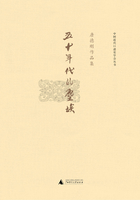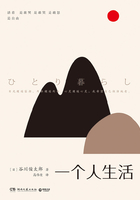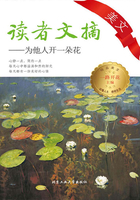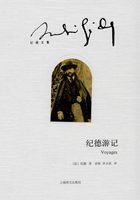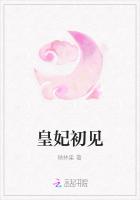约翰·济慈[1]
来吧,最亲爱的艾玛!玫瑰已经盛放,
花神将她珍藏的财宝肆意扬洒,
空气中弥漫着柔情,溪流宛若流动的水晶,
落日的金光为西天披上辉煌的霞衣。
让我们快去,美丽的人儿,那开阔的林中空地,
那精雕的石椅,还有沁人心脾的树木荫翳,
那里有仙子吟唱着日暮的圣歌,
空气中还有精灵在最后一缕夕光中游弋。
如果你倦了,我会为你找一张
青苔铺成的床,再集百花为枕;
然后,美丽的艾玛,我会坐在你脚旁,
着迷地对你一次次倾诉我爱的心意。
为何,可爱的姑娘,我们要丢掉这些甜蜜?
错失这些幸福的凡人委实愚蠢。
所以对我微笑吧,把手放在我手心,
用你的脉脉双眸和甜蜜低吟说你愿意。
To Emma
John Keats
O come, dearest Emma! the rose is full blown,
And the riches of Flora are lavishly strown,
The air is all softness, and crystal the streams,
And the West is resplendently clothèd in beams.
We will hasten, my fair, to the opening glades,
The quaintly carv'd seats, and the freshening shades,
Where the fairies are chanting their evening hymns,
And in the last sunbeam the sylph lightly swims.
And when thou art weary, I'll find thee a bed
Of mosses and flowers to pillow thy head;
There, beauteous Emma, I'll sit at thy feet,
While my story of love I enraptured repeat.
Then why, lovely girl, should we lose all these blisses?
That mortal's a fool who such happiness misses.
So smile acquiescence and give me thy hand,
With love—looking eyes and with voice sweetly bland.
注释:
[1]约翰·济慈1795—1921,英国最重要的浪漫主义诗人之一,主要作品有《夜莺颂》《秋颂》《希腊古瓮颂》,长诗《圣阿格尼斯之夜》《恩底弥翁》等。

